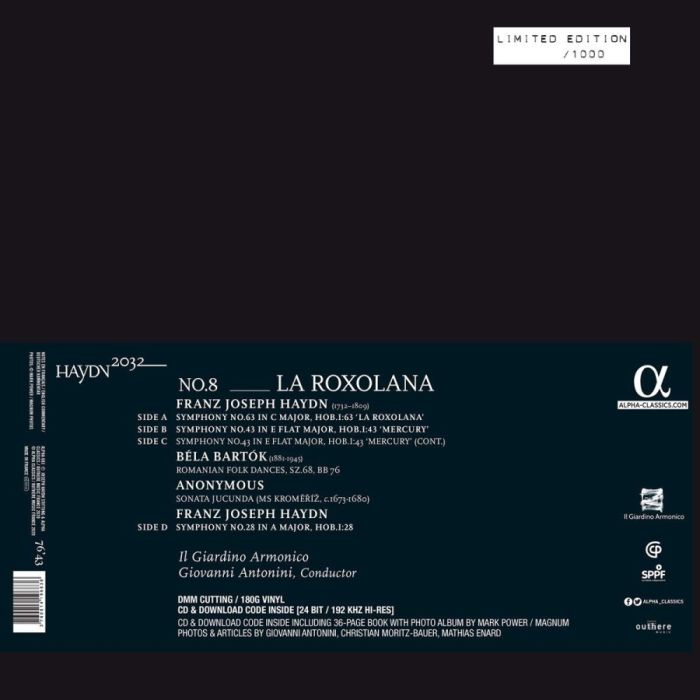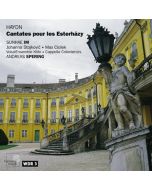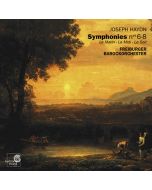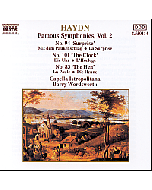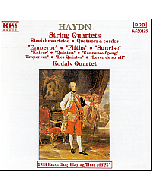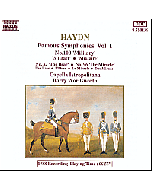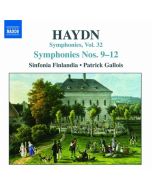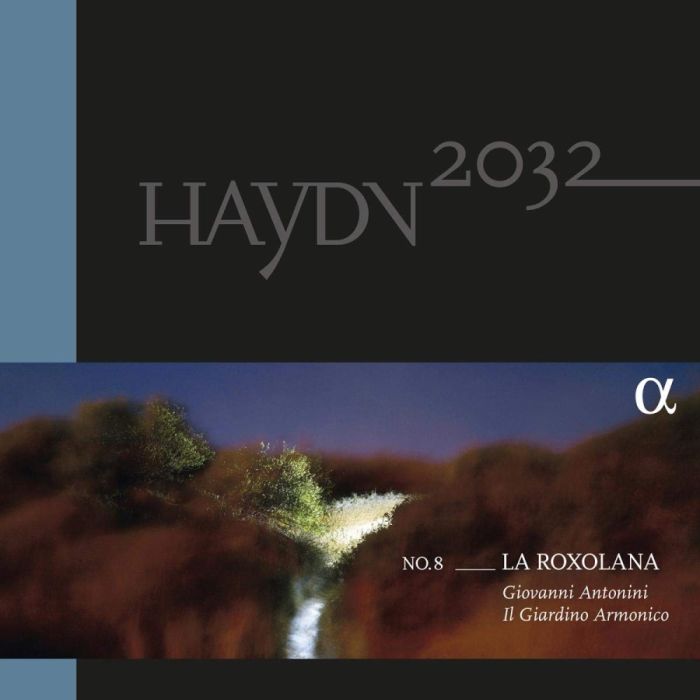
(Produkt nie został jeszcze oceniony)
kompozytor
Haydn, Joseph
tytuł
Haydn 2032 vol. 8: La Roxolana - Symphonies
wykonawcy
Antonini, Giovanni, Il Giardino Armonico
nr katalogowy
Alpha 683
opis
For its eighth volume, Haydn2032 invites us on a musical journey that takes the Balkan route. Of all the ‘Viennese Classical School’, Joseph Haydn is certainly the composer closest to folk music, first because he spent his early years in the countryside and also because, unlike his colleagues who worked in the urban centres of the Habsburg monarchy, Haydn was in contact with Croats, Roma and Hungarians throughout his life. These influences were omnipresent in his music, to the delight of Prince Nikolaus I Esterházy and his guests, but by some accounts were not to the taste of many music theorists in Germany. Haydn gave his Symphony no.63 in C major the title of ‘La Roxolana’, from the famous sixteenth-century sultana who was the wife of Suleiman the Magnificent after having been his slave. As usual, Giovanni Antonini, who is reunited here with Il Giardino Armonico, juxtaposes Haydn’s music with that of another composer. The natural choice here was Béla Bartók, who is represented by his Romanian Folk Dances, composed in 1917.
nośnik
Vinyl
data wydania
1.02.2021
EAN / kod kreskowy
3760014196836
159,00 zł
Produkt dostepny w niewielkiej ilości.
Wysyłka w ciągu 3 dni roboczych
Darmowa wysyłka dla zamówień powyżej 300 zł!
Darmowy kurier dla zamówień powyżej 500 zł!
sprawdź koszty wysyłkiProduktu jeszcze nie zrecenzowano, chcesz być pierwszy?
Pozostałe płyty tego wykonawcy
1 / 6
